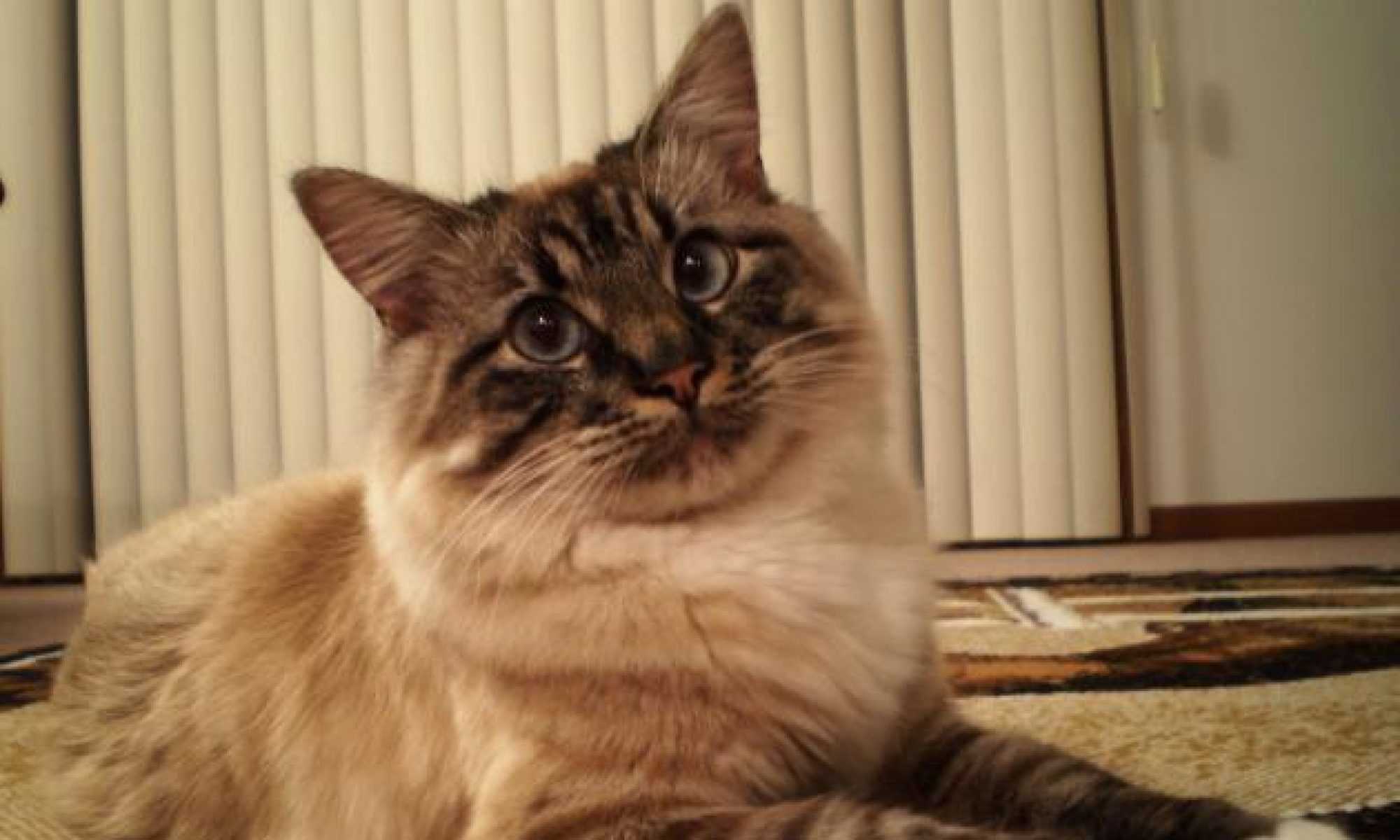Introduction
Some rabbits develop a condition that causes their heads to tilt to one side. This condition is also referred to as wry neck, or torticollis. Head tilt can be caused by a variety of factors. One of the most common causes of wry neck is inner ear disease caused by a parasitic or bacterial infection.
Causes
Ear mites are common external parasites of rabbits that irritate the lining of the ear and cause watery discharge. This discharge eventually builds up into large, thick brown crusts in and around the ear. The infestation of the mites may become so severe that the rabbit develops inner ear disease. Inner ear disease can reach the vestibular portion of the central nervous system, causing head tilt.
Middle or inner ear infections can develop from untreated outer ear infections or upper respiratory infections. Bacterial infections in the ear can lead to head tilt due to the pressure in the ear canal. Radiographs (X-rays) may be required to evaluate the infection. Bacteria responsible include Pasteurella multocida (the bacteria that causes snuffles), Staphylococcus sp., Pseudomonas aeruginosa, Bordetella bronchiseptica, Proteus mirabilis, Streptoccus epidermidis, Bacteroides sp., and Escherichia coli. In addition, an infection of Encephalitozoon cuniculi, a protozoan parasite, can cause head tilt. The protozoa infects the brain and kidneys and can result in paralysis that presents itself as head tilt. This is more common in dwarf breeds of rabbits.
Head tilt may also be caused by a stroke. While it is not clear whether rabbits have the same types of strokes as humans, they show very similar signs. The effects can vary, but generally a rabbit will lose control of one side of its body. Signs include a droopy face, drooling, and eyes that do not function correctly. Time is the best medication for a rabbit that has experienced an episode of this type, but diagnostics and medication may be used to rule out other causes of head tilt.
Trauma to the head or neck of a rabbit can cause brain damage which leads to the development of head tilt. Tumors within the brain, neck, or ear are additional factors. Rabbits that ingest toxic materials, such as lead, are also likely to develop the condition.
Treatment
Rabbits displaying head tilt should be taken to a veterinarian as soon as possible. Depending on the underlying cause, the condition may be reversible. Early detection is the key for treating wry neck. The longer the condition is left unnoticed, the lower the chance of a medical cure. If the head tilt is caused by ear mites, your veterinarian will clean the infected ear and then medicate the infected tissue with a solution typically used with dog or cat ear infections. At home, you should apply the prescribed medication in and around the infected ear according to the schedule provided by your veterinarian. Antibiotics may be prescribed for ear infections but may require long-term use to completely treat the infection. Keep in mind that many medications that may be used in dogs or cats may be toxic to rabbits, so be sure to follow your veterinarian’s directions carefully.
If your rabbit’s condition is irreversible, you may chose to let your rabbit live a relatively normal life. Rabbits that are able to maintain healthy lifestyles can live normal lives, even with permanent head tilt.
Prevention
The best way to prevent wry neck in your rabbit is to avoid exposing your rabbit to those infected with ear mites. Ear mites are transmitted by direct contact and can create an infection in a matter of days. If you notice mites in one or both of your rabbit’s ears, take your rabbit to the veterinarian as soon as possible to prevent a severe ear infection.
Head tilt can also be prevented by practicing good rabbit husbandry. Owners can help prevent the condition by handling rabbits in a firm but calm manner. Doing this helps prevent trauma to the rabbit that could potentially damage the brain. Owners should also remove all toxic substances from the area where the rabbit and rabbit food are kept. Providing a clean living environment and balanced nutrition and regularly changing water will decrease risk of exposure to bacteria. Always quarantine new rabbits before exposing them to your other rabbits to watch for signs of disease.
Lisa Karr-Lilienthal, Ph.D. & Amanda Young – University of Nebraska-Lincoln
Related Content
- Snuffles

